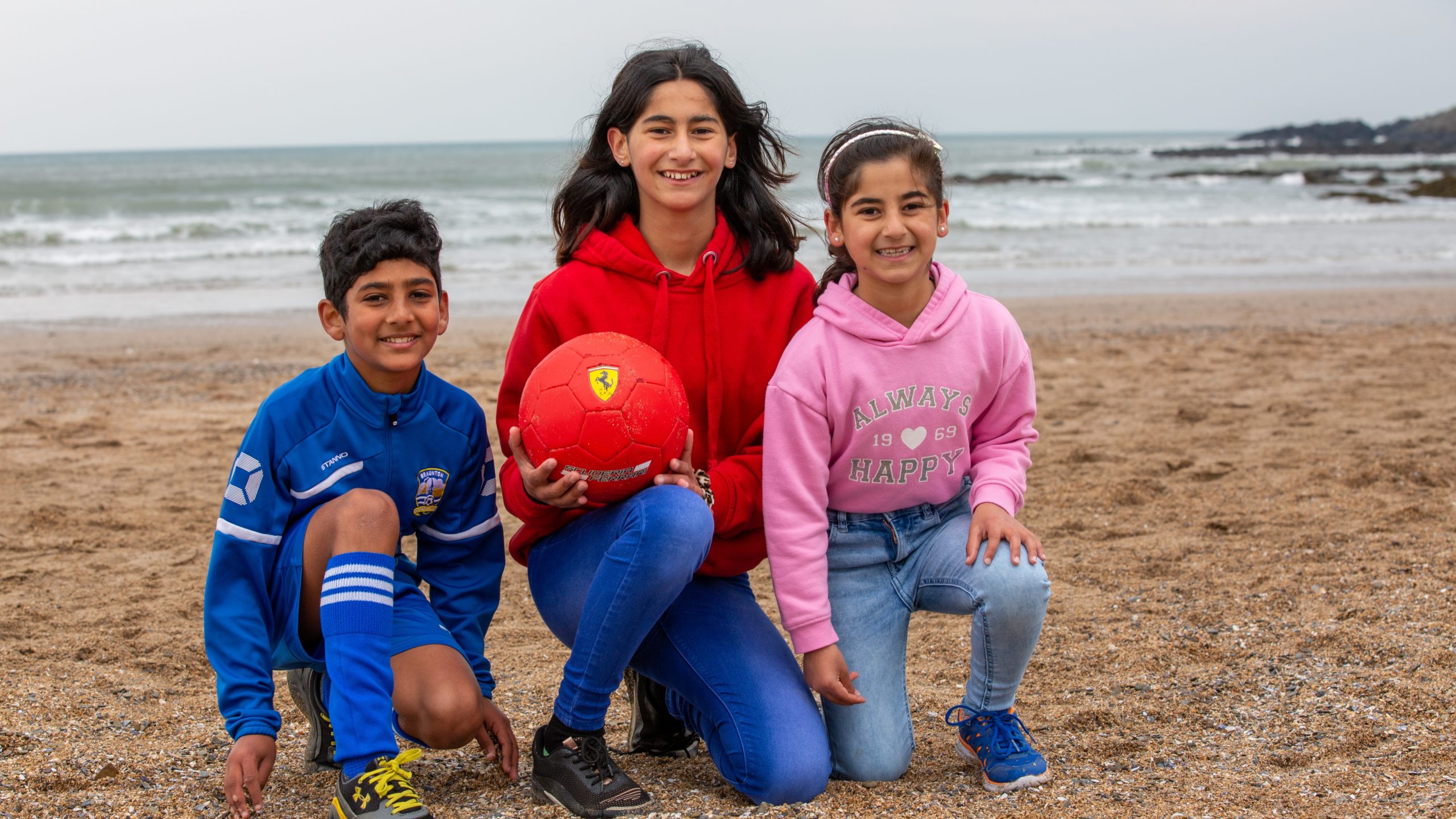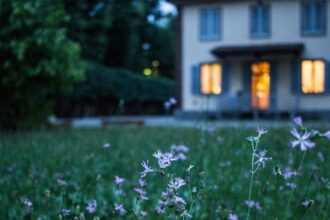Learn how adapting an empowerment approach to working with resettled children is essential in helping them to adjust to their new environment
When Community Sponsorship Groups begin supporting resettled families, if there are children in the family, they appear to be highly adaptable; they learn English quickly and the younger they are, the faster they seem to settle into a new environment. However, it’s important for Community Sponsorship Groups to remember that moving to a new place, away from the friends and family they know isn’t easy for any child and entering a new cultural environment, compounded with seeing their parents struggle in new ways makes this even harder. Adapting an empowerment approach to working with resettled children is essential in helping them to adjust to their new school, peer group and culture in a positive way.
This resource outlines how your Group can utilise an empowerment approach to help the children in the family you support to gain self-esteem, build resilience, and encourage them to believe in their own abilities.
Empowerment and culture
Whilst the concept of empowering children to gain self-worth and confidence is key in helping them navigate their new environment, it’s important to keep in mind the cultural differences that affect how parents empower their children. In many cultures, children are expected to find their voices and gain tenacity to navigate difficult situations with less conscious guidance than in the UK. Community Sponsorship Groups supporting newly resettled families can find themselves needing to explain different parenting norms in the UK, which can include:
- Parents may have no worries about their child going to and from school, the shops or the park alone and may find safeguarding procedures unnecessary. Work with parents to help them set age- and culturally-appropriate boundaries for their children.
- Parents may not be used to communicating with the children’s school or see any need for this, believing the school is the expert and they should not get involved. Work with newly resettled parents to help them understand new school policies and procedures.
- The idea of play as learning may be a new concept for resettled parents coming from an education system where children are expected to learn through listening and repetition only.
It’s not the Group’s role to tell someone how to parent, but you can empower the family to recognise and accept how parenting culture in the UK may vary from their own. You can help them to incorporate new ways of advocating for and interacting with their children in line with British culture all while preserving their own culture’s values.
Empowering children to have a safe and carefree childhood
In addition to dealing with displacement and loss, many refugee children have spent their childhood dealing with situations beyond their years. This can include being out of formal education for prolonged periods of time, working in their host country to help make ends meet, or they may have spent most of their time indoors due to an unsafe environment in their neighbourhood. Part of your role will be to advocate for the children’s rights to a safe and carefree childhood. Below are some examples of how you can do this
- Do not let children act as interpreters for their parents – Children are able to pick up languages much faster than adults. It can be tempting, if a parent doesn’t understand, to ask a child to step in and explain something. This is not only problematic when it comes to discussing sensitive information but can also create a different power dynamic between parents and children and could confuse existing boundaries. You can specify not using children as interpreters in your code of conduct.
- Advocate for children to get involved in extracurricular activities suited to their interests – When they first arrive, it may not be obvious to parents that there are plenty of safe and free activities for their children to get involved in. Part of your role as a Community Sponsorship Group is to help families connect with their community. As a group of people with local knowledge, many of whom may also be parents, your Group can support children and parents to find activities that will help them gain confidence and have fun.
- Help children learn to play – Many Groups have found that refugee children arrive in the UK and struggle with the idea of playing. Schools in the Middle East and other parts of the world often have a sit and listen focus whereas in the UK, lots of learning is done through playing. As a Group, you can provide opportunities for the children to meet with other children of a similar age to teach them playground games and behavioural expectations.
- Facilitate making friends – it’s really important for children to make friends, but learning to do so can be difficult when you do not share a language or culture. Help parents in the family understand common behaviours; it may be that their children are more demonstrative and physical in their friendships that are permissible in schools for example.
- Be mindful of the teenager experience – being a teenager is hard. Full stop. Being a teenager who is resettled to a new country and into a large school all while learning a new language can be even harder. Ensure you treat each young person in the family you support as individuals and help them to find the support they need.





